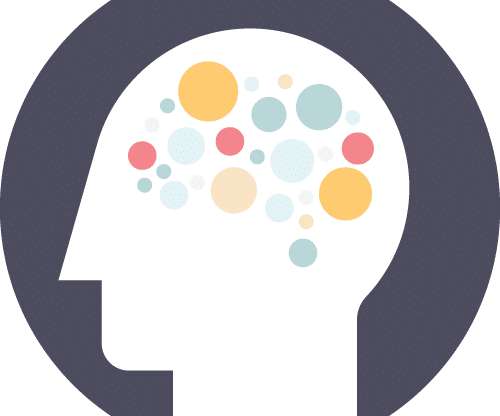8 Must-Read Neurolearning™ Books
eLearningMind
NOVEMBER 10, 2022
Instead, Neurolearning is a combination of learning theory and neuroscience; a complicated study of how the brain (and the nervous system) works and reacts to stimuli and situations. The book also debunks many deep-rooted learning myths and replaces old ideas with a fresh, new look on how the brain reacts to different learning situations.










































Let's personalize your content